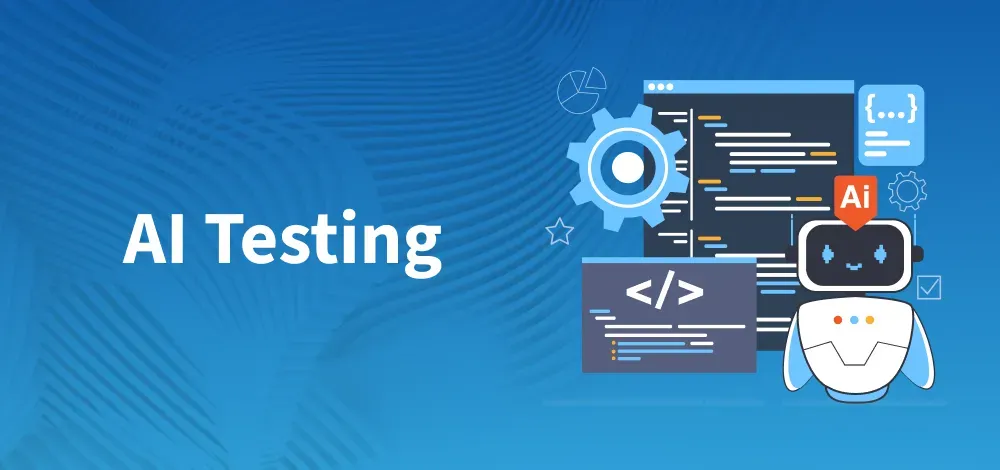
Introduction to AI in Software Testing
AI-powered automated testing frameworks are transforming how software teams ensure quality, performance, and reliability.
Traditional testing methods often require extensive manual effort and time, but with artificial intelligence, testing becomes faster, smarter, and more accurate.
By integrating AI into testing workflows, developers can identify defects earlier, enhance test coverage, and deliver flawless digital experiences efficiently.
The Need for Intelligent Testing
As software systems grow more complex, manual testing cannot keep up with the pace of continuous integration and deployment. AI-powered frameworks address this challenge by learning from historical data, user behavior, and previous test outcomes.
These systems can automatically detect changes in code, predict potential bugs, and adapt test cases dynamically. This results in reduced testing time, fewer human errors, and faster release cycles.
How AI Enhances Automated Testing ?
AI brings intelligence to every phase of the testing process—from test case generation to defect analysis. Machine learning algorithms analyze vast amounts of data to identify repetitive patterns and automate decision-making.
Natural language processing helps interpret test scripts, making automation accessible even for non-technical users.
Moreover, AI models can prioritize high-risk areas in the application, ensuring that critical functionalities are thoroughly validated before release.
Benefits for Development Teams
AI-powered testing frameworks enhance productivity and efficiency. They can execute tests across multiple environments and devices simultaneously, ensuring consistent performance.
With predictive analytics, teams can forecast system failures and address issues before they impact users. These frameworks also enable continuous testing within DevOps pipelines, accelerating innovation while maintaining quality assurance.
The Future of Software Quality Assurance
AI-powered testing is reshaping the software development lifecycle. As AI models evolve, frameworks will become more self-healing and autonomous—detecting, fixing, and validating issues with minimal human input.
The future of software quality assurance lies in combining automation with intelligence, where every test cycle contributes to continuous learning and smarter product delivery.
